A family crowds around a room, celebrating the engagement of a young couple. There is barely anything to eat and even less to drink, but the room is still full of quiet contentment and a sense of community. Although the actual familial lines are fuzzy, there’s no doubt that this group is a family, pulled together by hard work and their collective experience. During the day they harvest tobacco, thresh wheat, take care of sheep, and do whatever else needs to be done in order to survive and make a profit. They have no one else to rely on. Despite their daily hard work, with women, children, and the elderly all doing what they can, they are visited the next day by a man who tallies up their harvest and their expenditures and sadly announces that their debt has only increased. The man, Nicola, is the partner and accountant of the Marquess who owns the land, an estate called Inviolata. The 50 or so people who live there are only sharecroppers scraping by off the portion of the harvest that is theirs. Among them is Lazzaro, a young man with no parents and a persistently happy disposition.

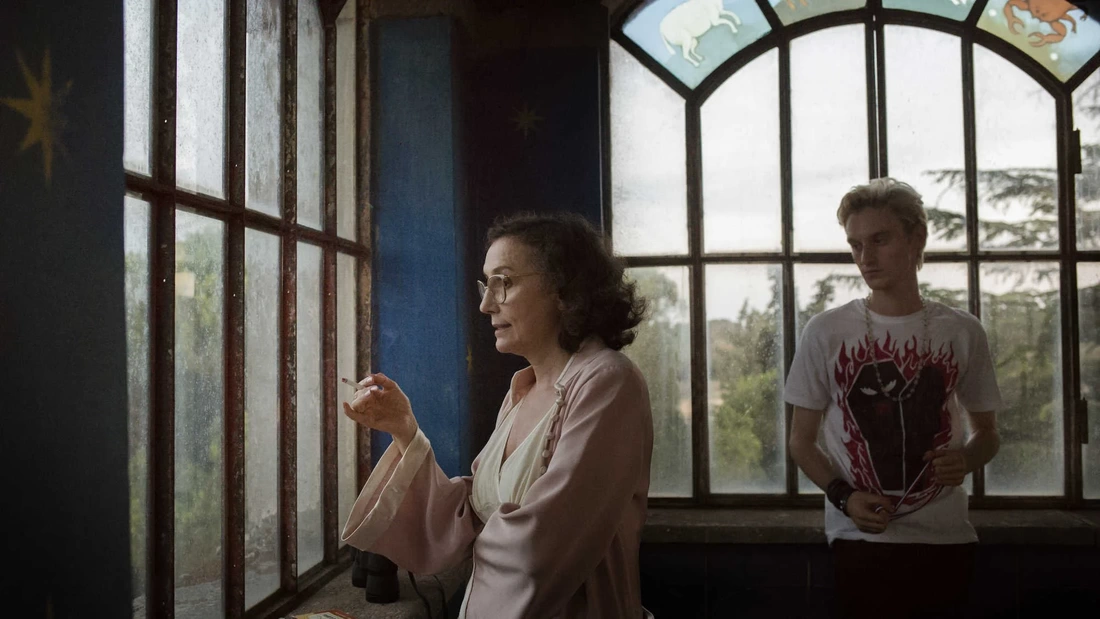
The shift of setting to the city also makes clear the importance of nature, retrospectively making Inviolata seem charming and beautiful again even with the knowledge that their simple life was difficult. They were poor in the countryside yes, but they are poorer still in the city, and their extreme poverty is made even worse by their removal from nature and their community, the only things they’ve ever known. Lazzaro is strongly thematically connected with nature throughout the film, appearing more comfortable outdoors than under a roof. Even when rain comes, he seems content to stand outside while everyone else seeks refuge. Lazzaro can easily find fruit growing to feed Tancredi when he’s hungry, while Tancredi cannot. He is the one who identifies the vegetables growing as weeds in the city, allowing the farmers to regain some connection with the land. Despite the horrible poverty the farmers experienced at Inviolata, the movie does grant that a connection to the natural world is a gift.
It seems that Happy as Lazzaro encourages a similar shift towards compassion and generosity. While there are times that survival does depend on making money at any cost, this is only ever true of the most exploited people in the movie. The Marquess does not need to exploit the farmers as she does in order to live. She exploits only because she has learned to value money above all else. Selfishness and immoral actions breed more of the same in one’s own life and in the lives of those around them. But Lazzaro proves that the same is true of selflessness. Goodness is just as contagious as evil. The problem is that selflessness is a revolutionary act in a society that preaches rugged individualism, and compassion is seen as a weakness to take advantage of. Despite the sad fate of Lazzaro and the other tragedies depicted throughout, Happy as Lazzaro shows many beautiful moments of intimacy and real human depth that can’t help but bring some hope that the world doesn’t have to be this way. The woman who stops and helps Antonia and buys her antique cigarette holder shows that Lazzaro isn’t the only one capable of being altruistic. Yes she gets taken advantage of, and anyone willing to show compassion must also accept that as a risk. But greed and exploitation is not a part of the human condition, despite what the Marquess says. Working against societal conditioning is hard, but the only way to ever make it less hard is to do it anyways and get society to begin to slowly change. Just begin asking yourself: what would Lazzaro do?
Happy as Lazzaro is available for streaming now on Netflix (US).

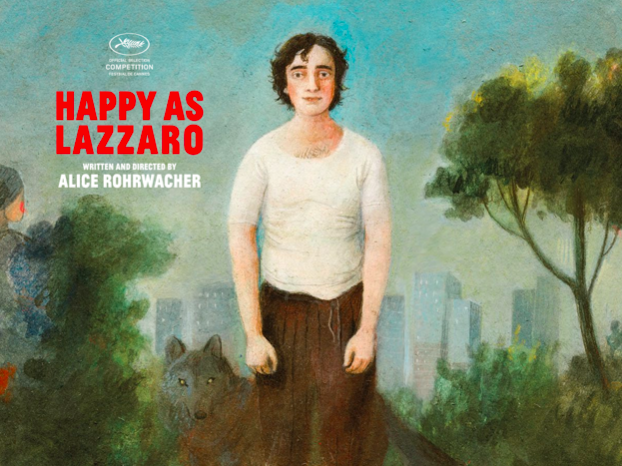
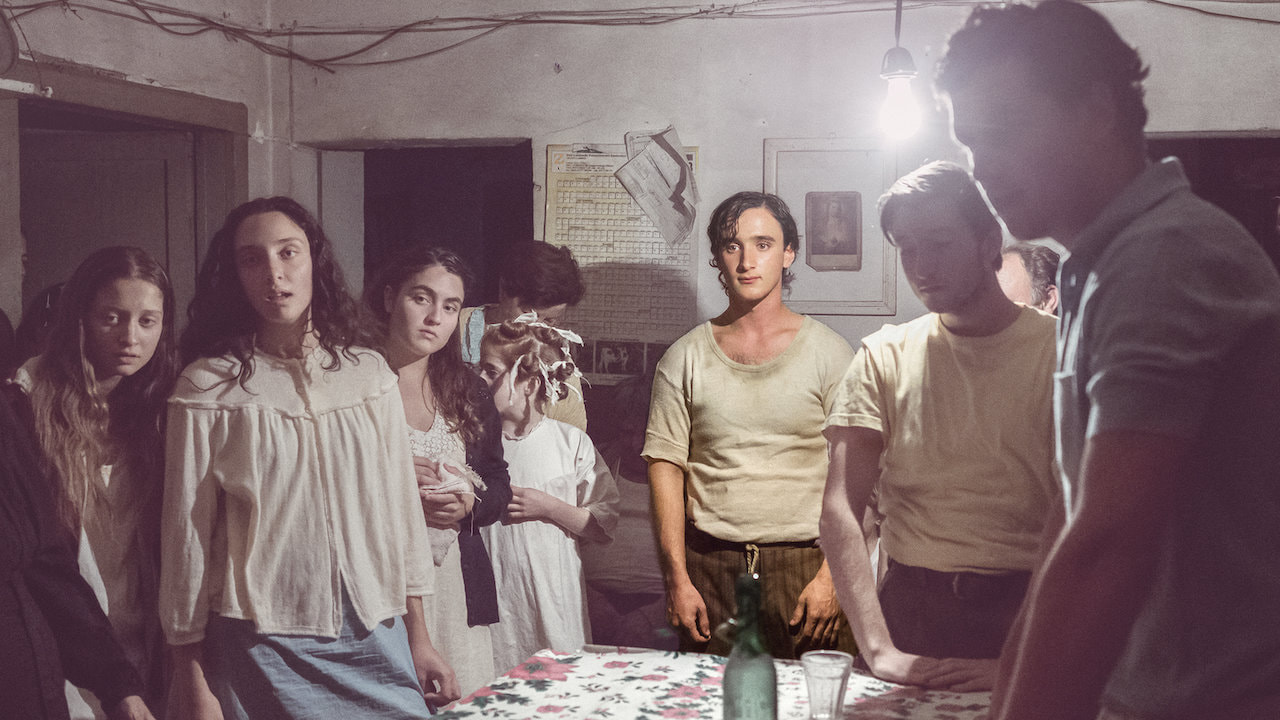
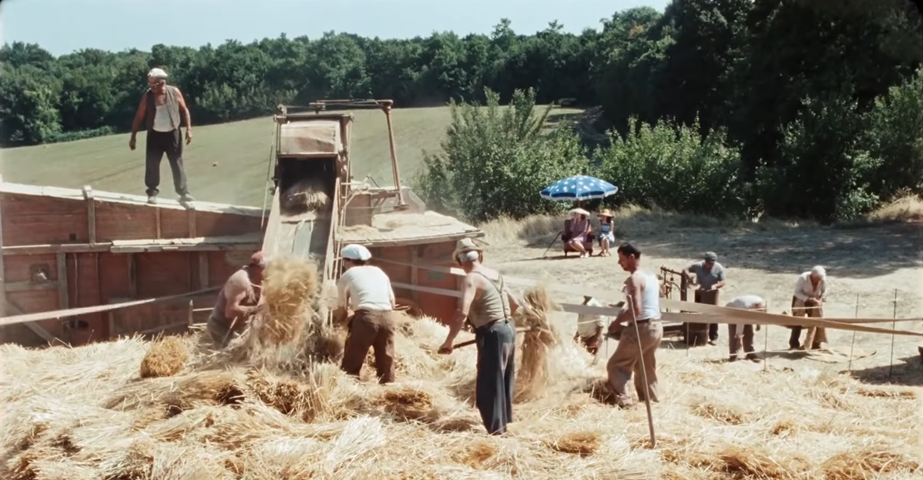
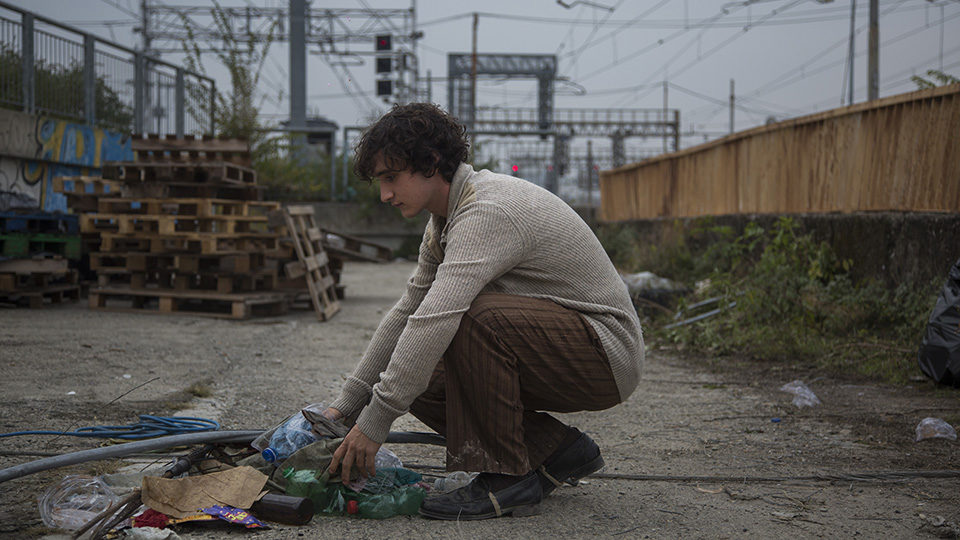

 RSS Feed
RSS Feed
